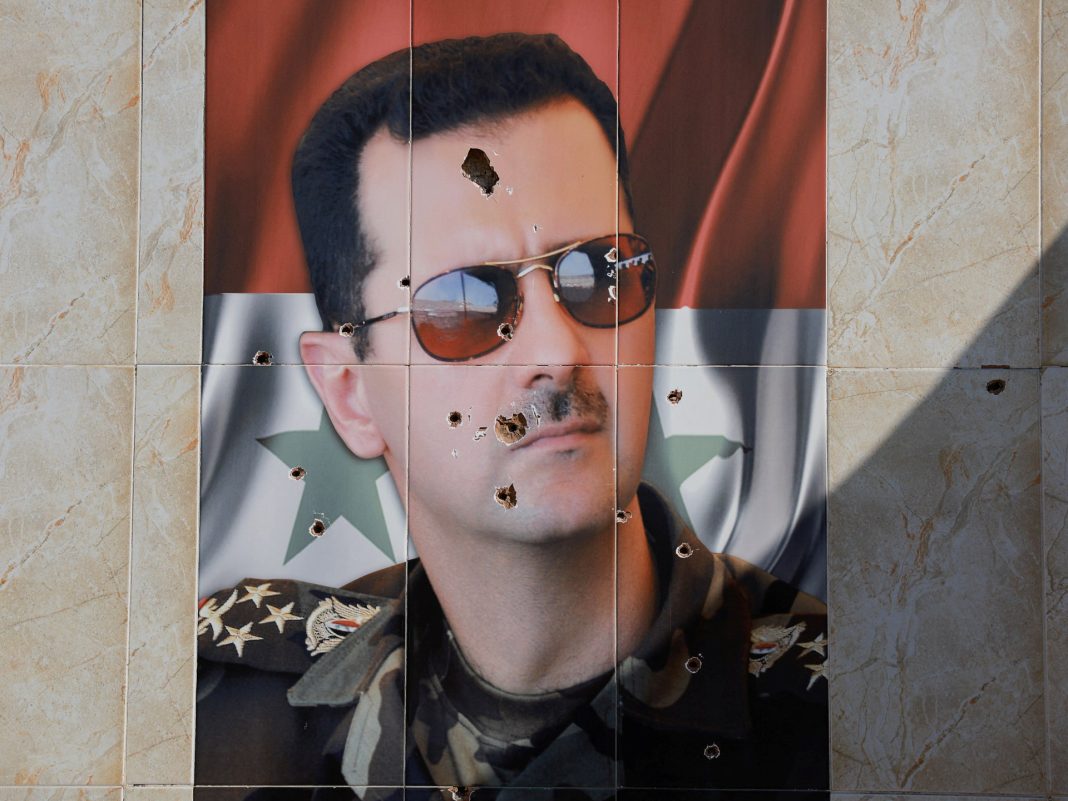Speaking to reporters after a meeting with European foreign ministers on Monday, Kallas outlined the EU’s vision for a stable and inclusive Syria, free from extremism and foreign interference.
“Many foreign ministers emphasized that it should be a condition for the new leadership to eliminate Russian influence in Syria,” Kallas told reporters.
“There is no place for extremism, Russia, or Iran in Syria’s future,” she added.
She also said the EU is also gearing up to host the ninth Brussels Syria Conference, a major fundraising effort, as part of its ongoing support for the country’s recovery.
“We stand with the Syrian people throughout this transition, just as we did during (Bashar) Assad’s brutal rule,” Kallas stated, referring to the deposed Syrian leader.
Reflecting on past interventions, Kallas warned against creating a power vacuum, as seen in Libya and Afghanistan, stating: “We also need to be present, because if we are the ones helping with reconstruction, we need to be around the table with regional actors. Avoiding a vacuum is key to ensuring stability.”
The EU’s vision for Syria includes fostering peace among the country’s diverse groups, enabling the return of refugees, and ensuring long-term stability in the region.
While Kallas acknowledged the positive rhetoric from Syria’s current leadership, she expressed caution.
“Right now, they’re saying the right things, but not everyone is convinced they’re doing the right things,” she added.
With the international community aiming to secure a brighter future for Syria, Kallas stressed the collective desire for a peaceful and stable nation.
“Everybody wants stability in Syria. Everybody wants all groups to live there peacefully so that refugees can return to a stable country in the region.”
Despite these aspirations, Kallas described Syria’s future as “hopeful but uncertain”, urging continued vigilance to guide the country toward positive and lasting change.
Assad, who ruled Syria with an iron fist for nearly 25 years, fled to Russia on Dec. 8 after armed groups seized control of the capital Damascus. The takeover came after Hayat Tahrir al-Sham (HTS) fighters captured key cities across the country in a swift offensive that lasted less than two weeks.
